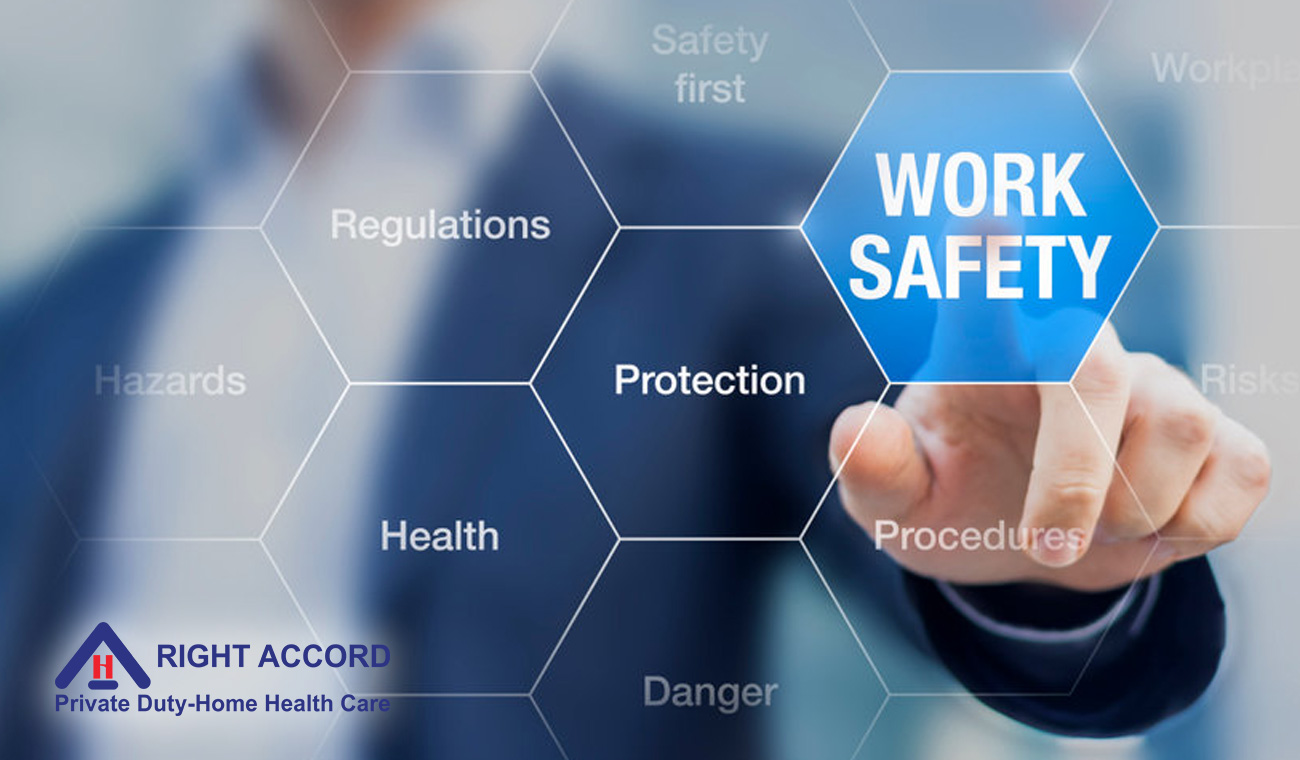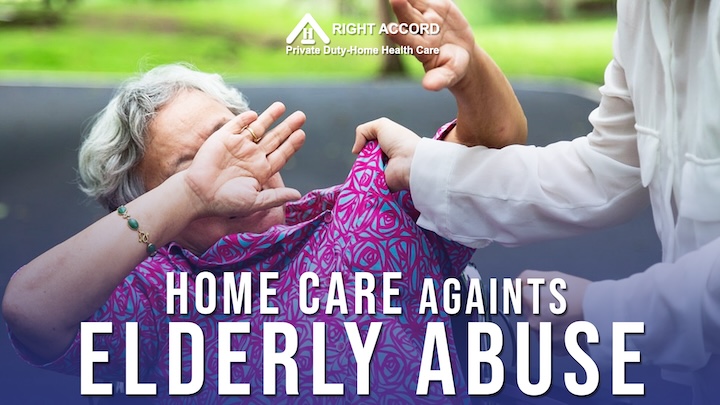· 7 min read
Exploring the Domestic Violence Awareness for Seniors
This Blog delve into the overlooked issue of domestic violence among seniors and the importance of raising awareness to protect this vulnerable group.
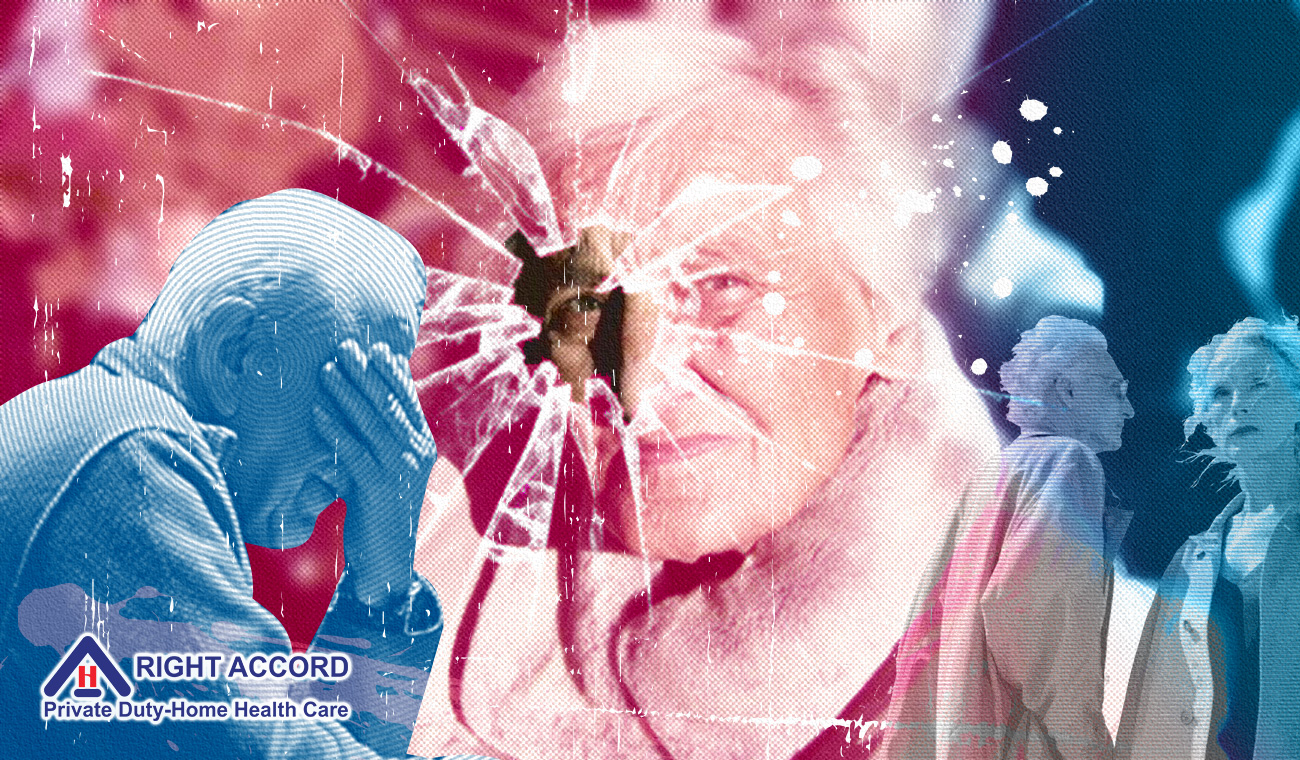
By: Rosemarie Tamunday Casanova — RN, BSN, MHA
As our loved ones age, their vulnerability to domestic violence increases, highlighting the pressing need for increased awareness and action.
In this article, we delve into the often overlooked issue of domestic violence among seniors and the importance of raising awareness to protect this vulnerable population.
While society tends to associate domestic violence with younger individuals, studies have shown that it affects seniors as well. The impact of domestic violence on these individuals can be particularly devastating, as many face physical limitations, health issues, and social isolation, making it difficult for them to seek help or escape abusive situations.

Photo by Alessio Cesario on Pexels
In order to address this issue effectively, it is crucial to raise awareness among seniors, their families, caregivers, and the broader community. By educating ourselves about the signs of elder abuse and understanding the available resources, we can take concrete steps to support and protect our aging loved ones.
Join us as we shine a light on domestic violence among seniors, explore the barriers that prevent disclosure and intervention, and discuss strategies for creating a safer environment for our cherished elders. Together, let’s prioritize their well-being and commit to ending domestic violence against seniors.
Understanding the Unique Challenges Faced by Seniors in Abusive Relationships
Seniors in abusive relationships face a unique set of challenges that often go unnoticed. Physical limitations, such as reduced mobility or chronic pain, can make it difficult for them to escape or defend themselves against abuse. Additionally, age-related health issues may be exploited by abusers who manipulate medication or deny access to necessary medical care.
Social isolation is another common challenge faced by seniors, which can make it harder for them to seek help or confide in someone about their abusive situation. Many seniors live alone or in assisted living facilities, where they may not have regular contact with family members or friends who could potentially identify signs of abuse.
Financial dependence can also play a significant role in perpetuating domestic violence among seniors. Some abusers may have control over the senior’s finances, making it difficult for them to leave the abusive relationship or access resources to seek help.
Statistics and Prevalence of Domestic Violence Among Seniors
The prevalence of domestic violence among seniors is often underestimated due to under reporting and a lack of awareness. According to studies, approximately 1 in 10 seniors experience some form of abuse, with women being at a higher risk than men. However, these numbers may be conservative as many cases go unreported due to fear, shame, or a lack of understanding about available support.
It is also important to note that domestic violence among seniors can take various forms, including physical, emotional, sexual, and financial abuse, as well as neglect. Each type of abuse can have severe consequences on the overall well-being and quality of life for seniors.
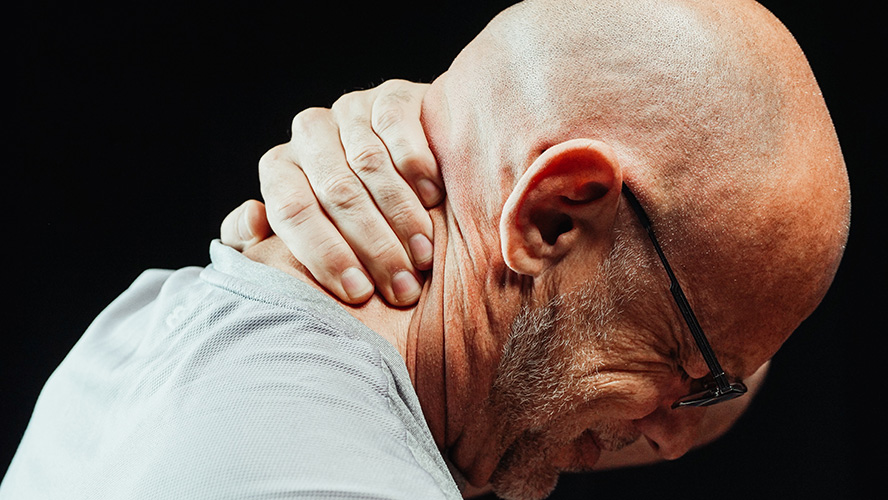
Photo by Kindel Media on Pexels
Signs and Indicators of Domestic Violence in Seniors
Recognizing the signs and indicators of domestic violence in seniors is crucial in order to intervene and provide the necessary support. Some common indicators include unexplained injuries, frequent visits to the emergency room, sudden changes in behavior or mood, social withdrawal, and unusual financial transactions.
It is essential to approach the topic sensitively when discussing concerns with a senior loved one. They may be hesitant to disclose abuse due to fear of retaliation or because they may have normalized the abusive behavior. Creating a safe and supportive environment where they feel comfortable opening up is key to promoting disclosure and seeking help.
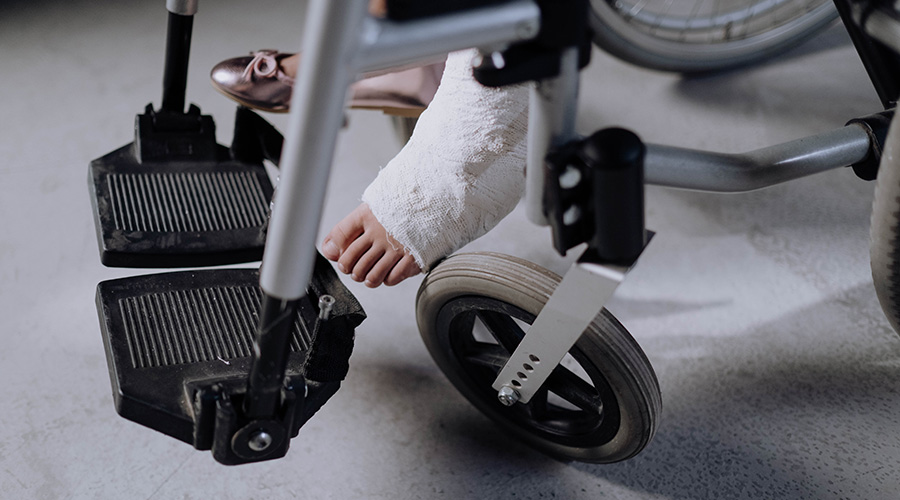
Photo by Cottonbro Studio on Pexels
The Impact of Domestic Violence on Seniors’ Physical and Mental Health
The impact of domestic violence on seniors’ physical and mental health is significant and can have long-lasting effects. Physical abuse can lead to injuries, chronic pain, and increased susceptibility to other health conditions. The stress and trauma associated with domestic violence can also contribute to mental health issues, such as anxiety, depression, and post-traumatic stress disorder (PTSD).
Seniors who experience domestic violence may also be at a higher risk of self-neglect, as the abusive environment can erode their self-esteem and motivation to care for themselves. This further exacerbates their vulnerability and can lead to a decline in overall health and well-being.
Resources and Support for Seniors Experiencing Domestic Violence
There are various resources and support systems available to seniors experiencing domestic violence. Local helplines, shelters, and support groups specifically tailored for seniors can provide a safe space for them to seek assistance, counseling, and shelter if needed. These organizations often have trained professionals who understand the unique challenges faced by seniors and can provide the necessary support and guidance.
Additionally, legal protections and services are in place to help seniors escape abusive situations. Restraining orders, legal aid, and assistance with financial matters can empower seniors to take the necessary steps to protect themselves and seek justice.
How to Help a Senior Loved One in an Abusive Relationship
If you suspect that a senior loved one is in an abusive relationship, it is crucial to approach the situation with empathy, patience, and understanding. Avoid blaming or pressuring them to leave the abusive situation, as this may further isolate them or create resistance to seeking help.
Listening without judgment and offering support can create a safe space for them to open up about their experiences. Encouraging them to connect with local resources and professionals who specialize in elder abuse can provide the necessary guidance and assistance.

Photo by Priscilla Du Preez on Unsplash
Raising Awareness and Promoting Education About Domestic Violence Among Seniors
Raising awareness about domestic violence among seniors is vital to ensure that the issue receives the attention and resources it deserves. Education campaigns targeting seniors, their families, caregivers, and the broader community can help dispel myths, increase understanding, and encourage reporting of abuse.
Public forums, workshops, and training sessions can equip individuals with the knowledge and skills needed to identify and respond to domestic violence in seniors. By engaging in open conversations and promoting awareness, we can create a supportive environment where seniors feel empowered to seek help and break free from abusive relationships.
The Role of Community Organizations and Government in Addressing Domestic Violence in Seniors
Community organizations and government agencies play a crucial role in addressing domestic violence in seniors. These entities can allocate resources, establish support networks, and implement policies to protect seniors from abuse.
Collaboration between healthcare providers, law enforcement agencies, social service organizations, and legal professionals is key to creating a comprehensive response system. By working together, these entities can ensure that seniors receive the necessary support and protection they deserve.

Photo by Jon Tyson on Unsplash
Conclusion: Empowering Seniors to Break the Cycle of Domestic Violence
Protecting our loved ones from domestic violence should be a priority, regardless of their age. Seniors are particularly vulnerable, and it is essential that we raise awareness about domestic violence among this population.
By understanding the unique challenges faced by seniors in abusive relationships, recognizing the signs of abuse, and providing the necessary resources and support, we can empower seniors to break free from the cycle of domestic violence. Together, let’s commit to creating a safer environment for our cherished elders and ending domestic violence against seniors once and for all.
Remember, it is never too late to seek help. If you or someone you know is experiencing domestic violence, reach out to local helplines or organizations dedicated to supporting seniors in abusive relationships. You are not alone, and help is available.
